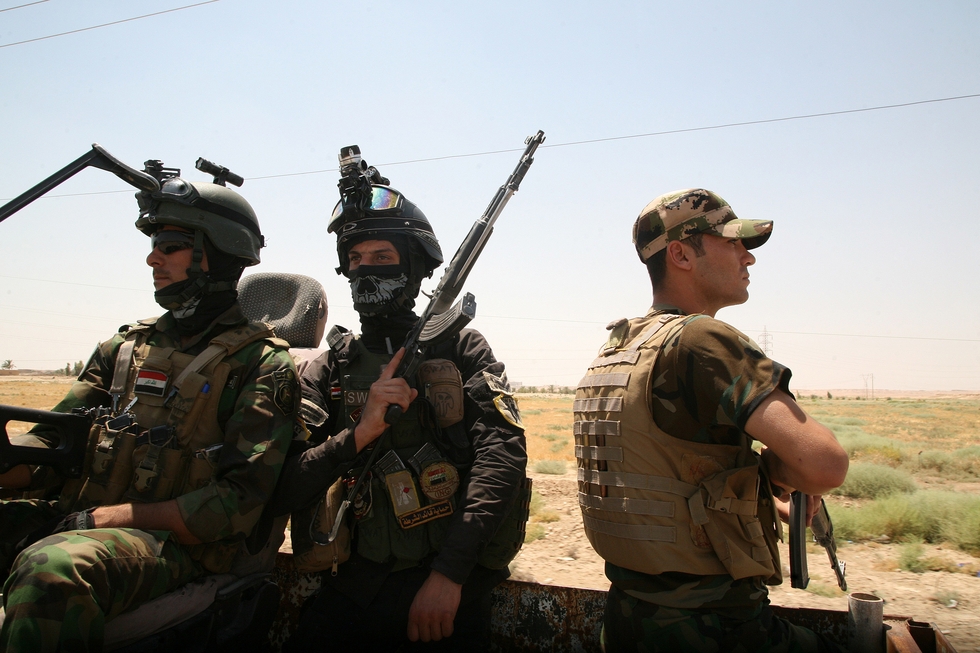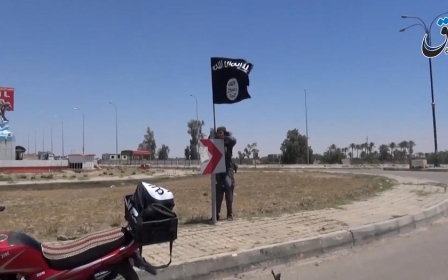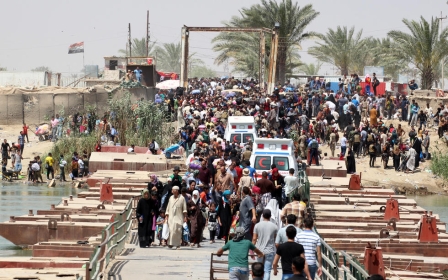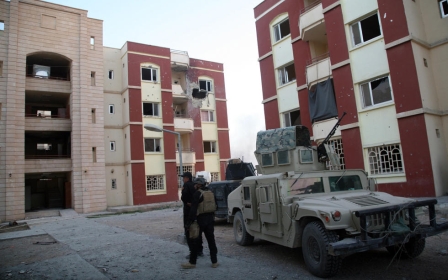Iraqi PM backs military trials over Ramadi loss

Iraqi Prime Minister Haider al-Abadi approved an investigative commission's recommendation that commanders face military justice and probable trial for withdrawing from Ramadi without orders, his office said on Sunday.
Ramadi fell to the Islamic State (IS) group in mid-May after government forces had held out against militants in the city west of the capital for more than a year, in the worst setback for Baghdad in months.
A month after the fall of Anbar’s provincial capital, Abadi said in televised remarks that the army’s withdrawal was “unauthorised”.
“The withdrawal of the forces from Ramadi was unauthorised - the orders were opposite,” he said. “The forces had to resist, and if they had resisted we would not have lost Ramadi.”
A senior British military officer, Brigadier Christopher Ghika, said earlier the city “was lost because the Iraqi commander in Ramadi elected to withdraw”.
“In other words, if he had elected to stay, he would still be there today,” Ghika told journalists in June.
Critics argue that much as in Mosul, which fell to IS last year, the army has been an inherent part of the problem and that corrupt commanders gave up US-made weapons as well as army secrets to IS in exchange for large payoffs.
Abadi approved “decisions of the investigative commission on the withdrawal of the Anbar Operations Command and units attached to it from the city of Ramadi,” his office said in a statement.
Those include “referring a number of the leaders to the military judiciary for leaving their positions without orders and contrary to instructions [and] despite the issuance of a number of orders not to withdraw,” it said.
IS overran large areas north and west of Baghdad in a sweeping June 2014 offensive.
Baghdad's forces have since regained some ground from the IS fighters, but much of western Iraq, including the majority of Anbar province, remains under IS control.
Middle East Eye propose une couverture et une analyse indépendantes et incomparables du Moyen-Orient, de l’Afrique du Nord et d’autres régions du monde. Pour en savoir plus sur la reprise de ce contenu et les frais qui s’appliquent, veuillez remplir ce formulaire [en anglais]. Pour en savoir plus sur MEE, cliquez ici [en anglais].




